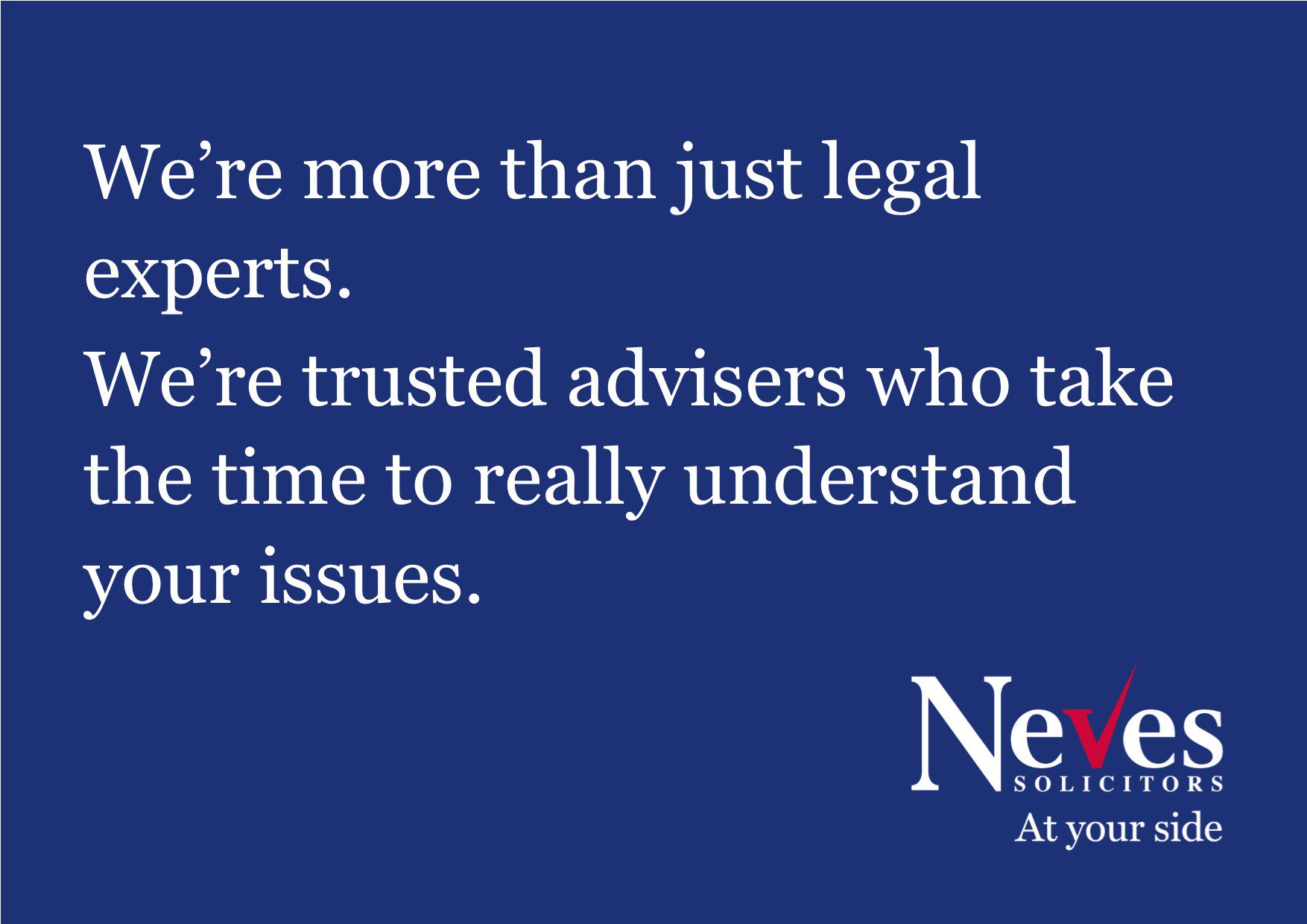

What happens if I cannot pay debt and a company obtains a money judgment against me?
Blogs
The Covid-19 pandemic has had severe financial implications for individuals, who may be facing a reduced salary or redundancy, or for businesses who have not been able to produce the same levels of income over recent months. As a result, many people will find themselves in a position where they are unable to pay their debts.
What steps can a creditor take if I owe them money?
The first step whenever a person owes money is to attempt to negotiate repayment, potentially via a payment plan. It is always best to try and resolve matters outside of court proceedings as this will reduce costs for both parties.
However, if suitable repayment arrangements cannot be negotiated, the next step for a creditor tends to be an application to court for a money judgment against the individual who owes the money. A claim form is drafted and sent to the court for the proceedings to be issued. The court will then serve a copy of the claim on the debtor (defendant) who will be given an opportunity to acknowledge service of the proceedings, sending their response to the court and indicating whether or not they intend to defend the claim. Where no acknowledgement is received, the court will enter judgment against the defendant at the creditor’s request.
The entry of a judgment can have a huge detrimental impact on an individual or company, who may well see their credit score plummet as a consequence, hindering their chances of obtaining finance in the near future. So, what should you do if you believe that a judgment has been given against you in error?
Applying to have a judgment set aside
Where you feel that a judgment has been wrongly entered against yourself or your company, it is possible to apply to the court to have that judgment set aside.
Under the Civil Procedure rules, there are two types of applications a court will consider:
1. Where the judgment has been wrongly entered
2. In any other circumstances, the court may exercise its discretion
Judgment wrongly entered
Where a judgment has been wrongly entered, the court must set it aside. Examples may include where the judgment has been entered on the basis of a failure to acknowledge service, but the debtor did indeed file an acknowledgement or a defence, or where the debt had been satisfied prior to judgment being entered.
Any other circumstances
The court is willing to consider the circumstances of the debtor. It may consider setting aside a judgment where it considers that the defendant has a real prospect of successfully defending the claim or where there is some other good reason.
How we can help you
At Neves, we have experience in assisting clients to make applications to court in situations such as these. If you find yourself facing a judgment, either in your personal capacity or in relation to your business and you would like advice on whether you have grounds to apply to court to have this judgment set aside, or you would simply like some assistance negotiating the repayment of existing debts, we would be happy to have a fixed fee telephone conference with you. Please get in touch with our dispute resolution team by calling 01908 304560 or email mailto:info@nevesllp.co.uk









